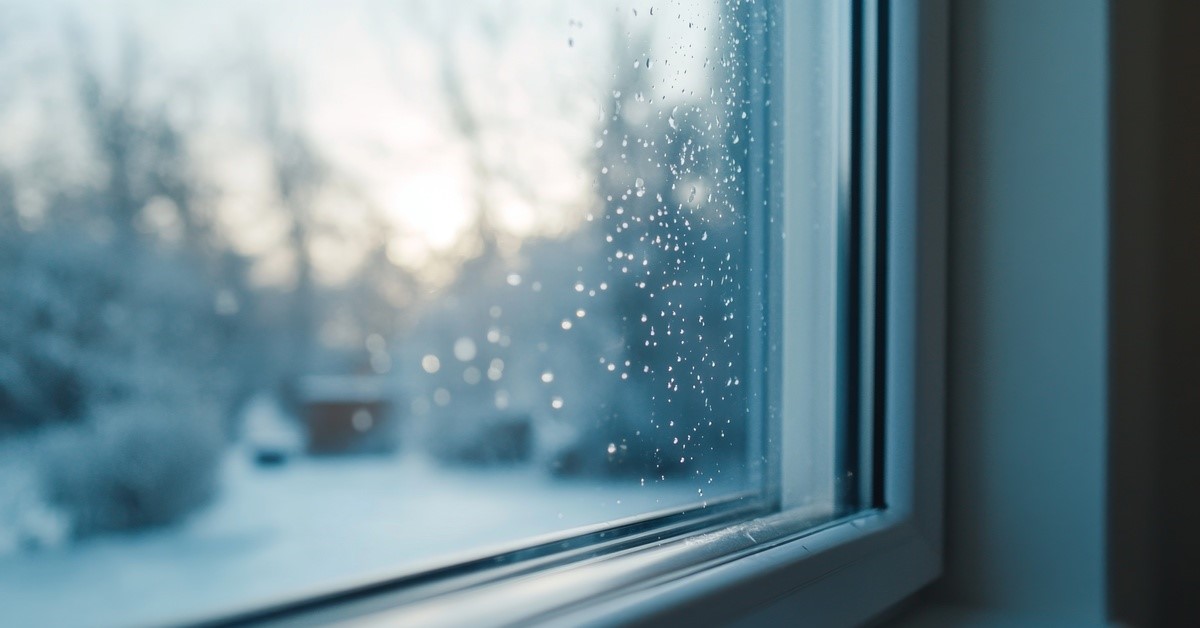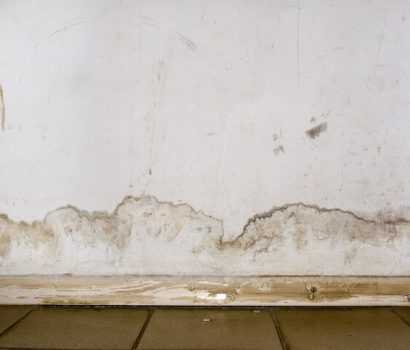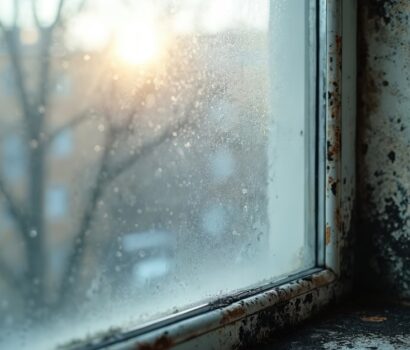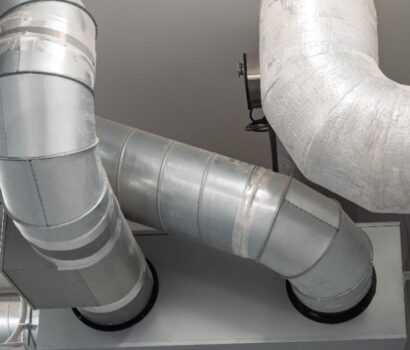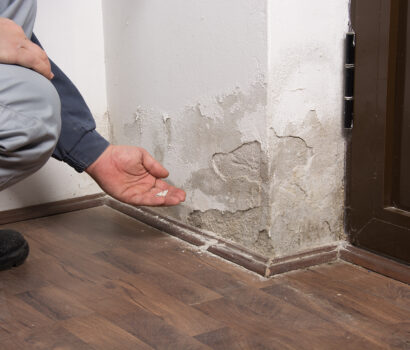Living in Pittsburgh, you know winter brings its share of headaches for homeowners like icy sidewalks, high heating bills, and that persistent question: Should you run a dehumidifier in winter? Ask anyone who’s dealt with a musty basement in February or found mysterious condensation on their windows, and you’ll hear the frustration.
Here in Western Pennsylvania, the mix of freezing weather and older housing stock creates conditions ripe for all kinds of moisture issues. Some folks worry about over-drying their homes, but others wrestle with damp basements and mold. This guide sorts through the confusion, blending local climate data, practical advice, and real Pittsburgh stories to help you make the best call for your home.
We’ll cover how winter humidity works locally, how to read indoor moisture levels, newer energy-saving dehumidifier options, and what experts and neighbors actually do.
Understanding Winter Humidity in Pittsburgh
Outdoor air grows much drier once temperatures drop below freezing, but that doesn’t always translate to the inside of your home. Trapped moisture, long showers, and less ventilation combine with our region’s frequent rain and snow to create a humid indoor environment, even in winter months.
Oddly enough, while upstairs rooms can feel bone dry, basements often stay damp. This mix of dry and damp zones comes with its own set of headaches, from moldy smells to peeling paint and even warped floors.
Overly dry air isn’t great for your health either. It dries out your skin and can make breathing harder, but too much humidity is just as risky. It invites dust mites, mold, and structural issues.
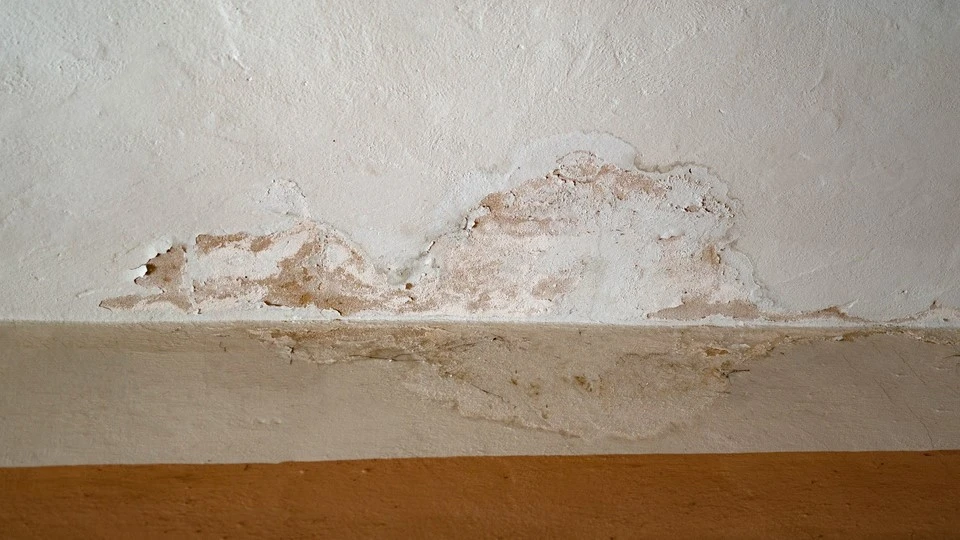
What is the Ideal Humidity for Your Home?
Experts, including the EPA and Mayo Clinic, recommend keeping your home’s relative humidity (RH) in winter between 30–50%. Here’s why:
- Health: Keeping RH below 50% limits dust mites, mold, viruses, and allergens. That’s good news for anyone with winter allergies or asthma.
- Home preservation: The right humidity protects wood floors and furniture, prevents drywall damage, and keeps insulation performing as it should.
Too low, and you’ll feel it in dry sinuses and static shocks. Too high, and you’re inviting costly repairs and mold down the road.
When Do You Need a Dehumidifier?
A dehumidifier isn’t always essential just because winter rolls in. The trick is knowing where and when extra moisture is actually a problem. For most Pittsburgh homes, the basement is the usual suspect.
You might not need to run your dehumidifier day and night through the whole season. Instead, learn to recognize when it’s time to switch it on, especially if you notice signs of excess moisture.
Watch for these clear signs of moisture in your home, especially in the basement:
- Condensation collecting on basement windows or exposed pipes
- Persistent musty odors
- Visible mold around sills, baseboards, or stored items
- Humidity above 50% in any room
Other Moisture Control Tips for Basements
Want to keep winter basement dampness at bay? Focus on:
- Vapor barriers: Line floors or walls with heavy-duty plastic to stop water vapor migration from soil.
- Insulation: Choose rigid foam or closed-cell spray foam for walls to block condensation.
- Perimeter drainage: Make sure downspouts run far from your foundation, and double-check basement windows and wall cracks for leaks after rain or snow melt.
Condensation Prevention in Pittsburgh Homes
Condensation isn’t just annoying. It’s a warning sign. Those puddles by windows or wet windowsills can point to deeper insulation or ventilation issues.
Insulation Upgrades
Solid insulation pays for itself fast in the kind of winters Western Pennsylvania delivers. Here’s how to shut down condensation:
- Use caulk or weatherstripping to seal leaky window frames and door jambs
- Add or replace fiberglass batts, blown-in cellulose, or rigid foam in attics, walls, and rim joists
- Heavy thermal curtains can cut window drafts
For Pittsburgh, insulation with high R-values, like R-19 or higher in basement walls, works best.
Ensuring Proper Ventilation
Dry air stagnates in winter without decent ventilation. That can allow subtle moisture to build up, especially in bathrooms and laundry areas.
- Run bathroom fans during and after showers
- Always vent dryers outside, even on subzero days
- “Burp” your house by opening several windows for 10 minutes on milder days. This quick exchange won’t lose much heat but refreshes air quality
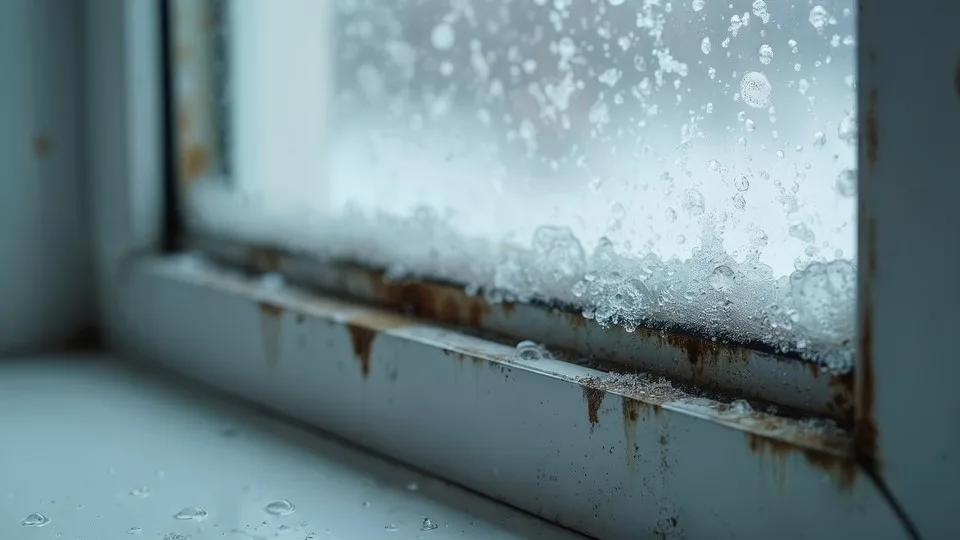
Frequently Asked Questions (FAQs)
Generally, yes. If you use a unit designed for low temperatures. Look for basement-rated options with auto-defrost features.
Some room dehumidifiers will. Below their rated operating temperature, water in the coils can freeze, damaging the unit. Cold-climate dehumidifiers work well for Pittsburgh basements.
Yes. By lowering indoor humidity, you reduce how much water vapor can condense on cold glass. Combine with proper insulation and targeted ventilation for best results.
Key Takeaways for Managing Winter Humidity and Condensation in Pittsburgh Homes
Running a dehumidifier in winter in Pittsburgh isn’t a one-size-fits-all answer. Use one in your basement or other damp zones when levels climb above 50%.
The best approach:
- Monitor indoor humidity, especially in basements, throughout the heating season.
- Invest in modern, energy-efficient dehumidifiers designed for cold climates.
- Insulate and ventilate to keep condensation away from windows and walls.
- Consult local mold remediation experts for tricky or persistent moisture problems.
With smart monitoring and targeted solutions, you can manage winter humidity effectively and keep your Pittsburgh home healthy and comfortable. If you’re worried your home has a mold issue, we are available for mold testing and indoor air quality tests throughout the Pittsburgh area.
